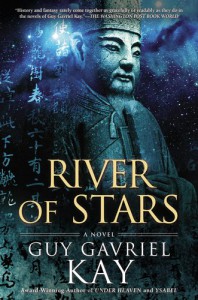Novel Tease
Random meanderings about the books I love—or don't.
Interspersed with observations about my hobbies: Beer & Wine, Bridge, Bikes and Bow-wows.
Latest Censorship News: Goodreads Can't Take Criticism, Badly Behaved Social Network?
Reviews are being deleted for being “potentially off-topic” – code for “being critical of GR” and for being “non-original content” despite permission given from original reviewers.
['nuf said]
Holy ****!
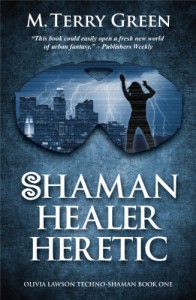
I imported this book today, and below is what it found for a cover. I liked the book, but the one between these covers might have been more interesting...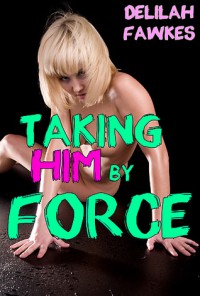
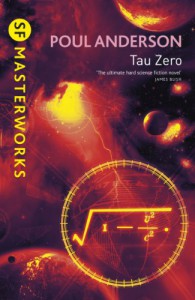 This might have made a good novella. I just read a blurb that said Anderson will be best remembered for this book. I hope not. Some of his work is very good, some is great. This isn't.
This might have made a good novella. I just read a blurb that said Anderson will be best remembered for this book. I hope not. Some of his work is very good, some is great. This isn't.I guess it qualifies as "hard science", because no laws of physics are violated (though I think nobody actually believes in an eternally, repeatedly, expanding and contracting universe any more). But the laws of probability are given a pretty hard shakeup.
And the whole premise of why their ship is forced to voyage onward forever after an accident makes it impossible to stop at their target star is just not believable.
In a group read with Sci Fi Aficionados, one participant complained that the characters are poorly developed. She was being generous. Our "heroes" travel to the end of the universe, and in all that time, only one character gets developed at all (Reymont) and he is notoriously close about his character.
I just kept hoping for it to end.
 1
1
Concerning the Jews
 I downloaded the complete Mark Twain from Project Gutenberg today, and my eye was caught by this essay (from Harper's Magazine, March 1898).
I downloaded the complete Mark Twain from Project Gutenberg today, and my eye was caught by this essay (from Harper's Magazine, March 1898). It's stunning how timelessly he writes, and this piece should still be considered required reading. I'm only sorry that I believe he's not entirely correct:
Point No. 5.—'Will the persecution of the Jews ever come to an end?'
On the score of religion, I think it has already come to an end. On the score of race prejudice and trade, I have the idea that it will continue.
Twain's argument is that anti-Semitism has always been based on envy of the Jews business acumen (a generalization that he is entirely aware is such, but for which he makes a good case). Unfortunately, purely religious hatred continually flares, and those who hate Jews for their religion are more than happy to use others' envy to forward their own ends.
It's particular pleasing to see such a balanced and clearly unprejudiced article from the man who's been called a racist, and had his books banned, purely because characters use the language of the time and refer to "niggers".
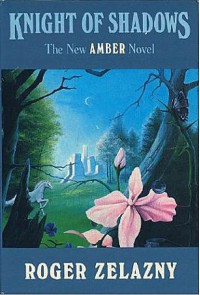
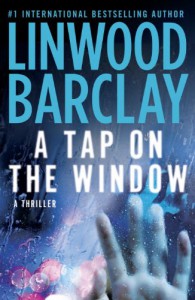


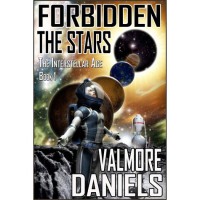
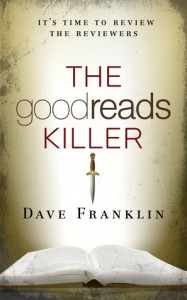 What happens when an author gets bad reviews on Goodreads? Probably not this, but if the author also happens to work at a slaughterhouse … who knows?
What happens when an author gets bad reviews on Goodreads? Probably not this, but if the author also happens to work at a slaughterhouse … who knows?Frequently funny, with a touching — and definitely unique — sex scene, this story does ask some good questions about just how far it's fair to go in trashing a bad novel.
It's not easy to see how much is satire and how much heartfelt hatred of hypercritical reviewers. I lean towards believing it's the former, but:
"And in this brand new digital age these malcontents, often young and with a sense of entitlement, have grown up quite ignorant of the laws of libel. In fact, they're already used to writing whatever they damn well please, happy to trot out the old defence of free speech."
Hmmm. Yes, that's dialogue and not necessarily the author's own opinion, but frankly I've been known to be hypercritical myself, and I do understand the difference between libel and opinion. After all, if a review is libelous, an author can actually do something about it. Short of murder.
I'm tempted to shelve it as "pigs-write-better-than-this", but I'm not sure Mr. Franklin would see the humor (or whether he works in an abattoir).

I'm a sucker for anything Arthurian, so I had to check this out. It's a neat premise: Arthur and Morgan le Fay have a child — as they do in many versions of the story — but it's not Modred, it's Mildred!
Unfortunately, the story can't decide whether it's going to be satirical, á la [book:The Dragon and the George] or serious. At some times it's downright fluffy, at others it's deadly serious.
And the continuity problems! "I've never seen any evidence of him using magic, except perhaps to enter our sanctuary" says the faery, Laerin, of the evil knight. Well, of course not! He's already told us he's never seen him before. Merlin starts acting oddly, and while people notice, they don't even discuss it, let alone do anything about it. Then the same happens with Morgan. And after making Nimue a major character, she just disappears after just one in a series of defeats.
So, three stars because it is a good tale, and Arthur has been done a million times but Wong's actually found a fresh approach, but it could be a much better story with better editing.
A Hostile Takeover


Maybe 2½ stars. Fully ¾ of this book is taken up with mere introduction. We all know what's coming, but it just drags out for 300+ pages until suddenly everything happens.
Then we get left at the end with very little resolution, and still no real understanding of what's going on. Well, Ms. Elliott, I hope you're not holding your breath waiting for me to read volume 2.
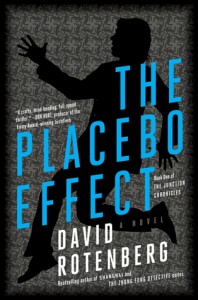 A pretty enjoyable ride.
A pretty enjoyable ride.Decker Roberts can tell the truth — that is, he can tell when somebody else is being truthful. Of course, that makes him rather important to a lot of people, including the American NSA.
Roberts also has a talent for teaching actors — even though he isn't an actor himself. Apparently these abilities are somewhat related, but it's never really explained.
The story centers around an online community of "synaesthetes" — people whose senses are somehow intertwined, so that they hear color or feel sound — and it's suggested that Decker's talent is a form of synaesthesia. I struggled to believe this. And it turns out that I didn't need to, as it isn't true. At no point do we ever learn why both Decker and the NSA think it's a convenient cover.
I find it infuriating that this is not a standalone novel. It is largely complete, but it's implied that Decker somehow betrayed his deceased (from ALS) wife (though that may be just his guilt speaking), and it stated explicitly that he's betrayed his son, but neither is explained. And why does a retired cop believe the teenaged Decker destroyed his career?
For failing to write a self-sufficient novel, deduct half a star.
For writing "Decker knew that once Alan Turing's usefulness had ended for the British they literally fed him to the dogs", another half-star.
I despise writers who say literally to mean figuratively! I am fairly certain the British government has not literally fed anyone to the dogs since at least the Commonwealth period, but absolutely not Turing.
